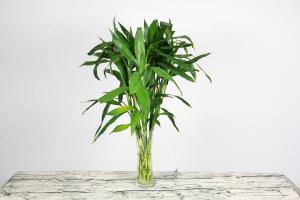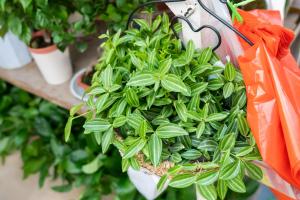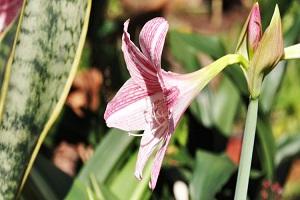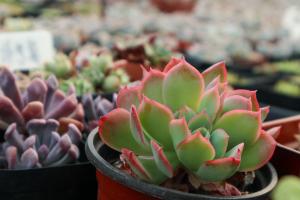How Does Salt Water Affect Plant Growth eHow
Salt water is water that contains high levels of dissolved salts, such as sodium and chloride ions. While salt water is essential for the survival of many marine animals and plants, it can be damaging to land plants if they are exposed to it for prolonged periods of time. In this article, we will explore the impact of salt water on plant growth and provide tips on how to prevent salt water damage.
How Salt Water Affects Plants
When plants are exposed to salt water, they experience a range of negative effects. These include reduced water uptake by roots, damage to plant tissues, and an impaired ability to carry out photosynthesis. Plants that are exposed to salt water for extended periods of time may also become stunted or die altogether.
Why Salt Water is Harmful to Plants
The high levels of dissolved salts in salt water can be harmful to plants in a number of ways. One of the most significant is that salts inhibit the ability of plant roots to absorb water from the surrounding soil. This inhibits the plant's ability to take up the nutrients it needs to grow and can ultimately lead to death.
Additionally, salt water can cause damage to plant tissues, particularly the tips of leaves and roots. This damage can give way to fungal and bacterial infections, further compromising the health of the plant. Finally, salt water can interfere with the process of photosynthesis, which is vital to plant growth and survival.
How to Prevent Salt Water Damage
If you live in an area where you are exposed to salt water on a regular basis, it is important to take steps to protect your plants from damage. One of the simplest ways to do this is to keep a buffer zone between your plants and the salt water source. For example, you might plant your garden a good distance away from the ocean or choose to place your potted plants on a balcony or terrace where they are less likely to be exposed to salt water splashes.
You can also take steps to reduce the amount of salt in the soil around your plants. This can be accomplished by watering your plants regularly with fresh water, particularly during dry spells. Additionally, you can add amendments like gypsum or hydrated lime to help leach salt from the soil.
The Bottom Line
While salt water can be harmful to plants, effective prevention measures can help you keep your garden healthy and thriving. Always be aware of your environment and take steps to protect your plants from harm. With proper care and attention, your plants can grow and flourish in even the toughest of conditions.

 how many times do yo...
how many times do yo... how many planted tre...
how many planted tre... how many pine trees ...
how many pine trees ... how many pecan trees...
how many pecan trees... how many plants comp...
how many plants comp... how many plants can ...
how many plants can ... how many plants and ...
how many plants and ... how many pepper plan...
how many pepper plan...






























